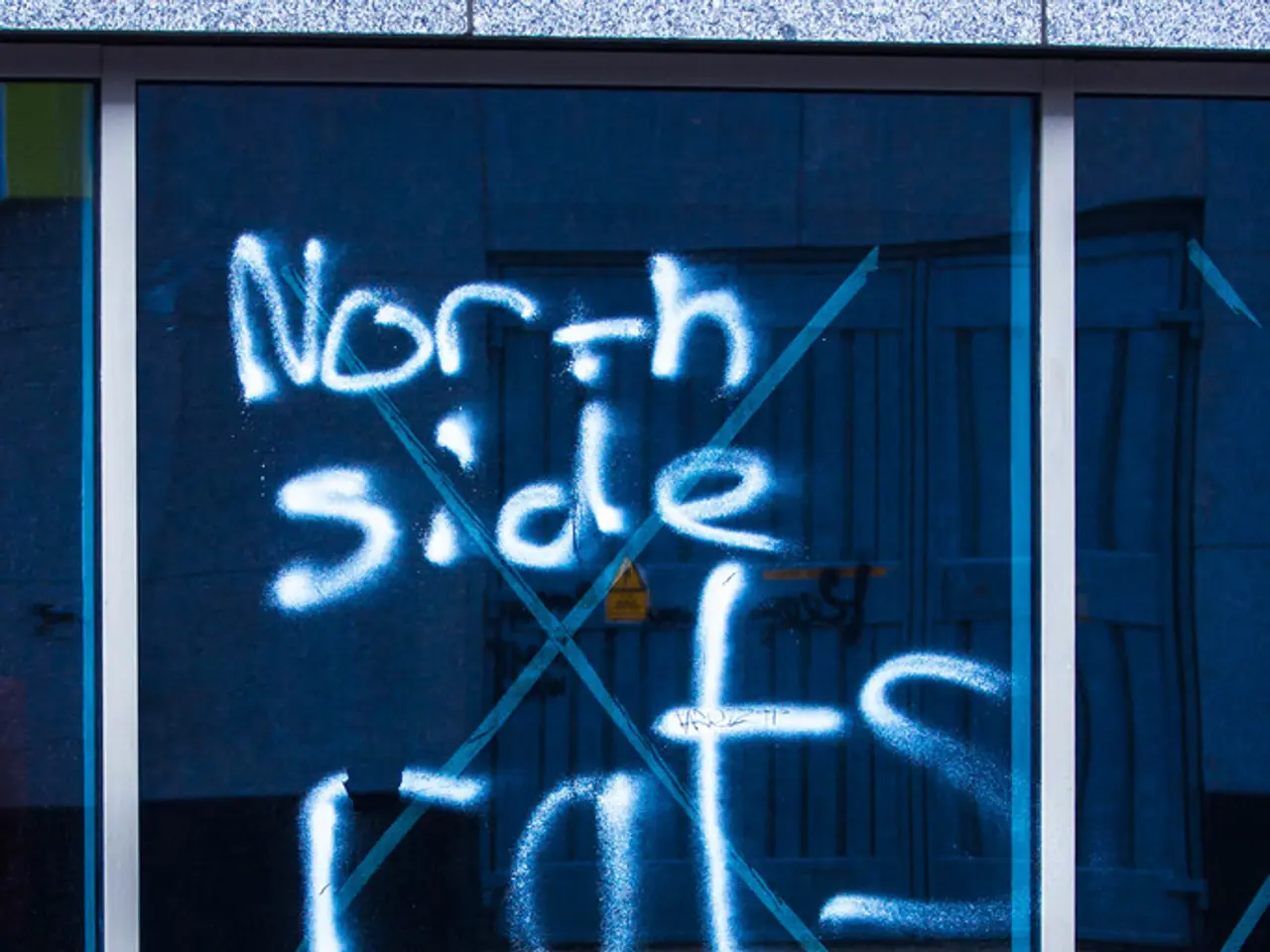Restored checkpoints at the German-Dutch border in Lower Saxony for approximately 12 months due to reestablishment of internal border controls
The Federal Police Directorate Hannover has been at the forefront of maintaining temporary internal border controls in Germany since September 16, 2024. This measure, temporarily reintroduced at all land Schengen internal borders, has been coordinated with the respective neighboring states, the police forces of the federal states, and the customs authorities.
Between September 16, 2024, and August 31, 2025, the Federal Police Inspectorate Bad Bentheim made several significant findings. The high personnel effort required for the implementation and maintenance of these global entry controls is justified by the results, which demonstrate that the measures are effective.
A total of 1,671 unauthorized entries have been recorded since the beginning, and 1,075 people have been rejected at the border by the Federal Police Directorate Hannover. Recognizably vulnerable persons, such as women with small children, pregnant women, or visibly ill persons, can still be referred to the responsible authorities or initial reception facilities.
The measures are adaptable to the situation, time, and location, and are uniformed and civilian, on land, water, and in the air, and around the clock. Measures for temporary personnel intensification are constantly being reviewed and implemented. Even if there do not appear to be any uniformed forces present, the Federal Police may still be present.
The Federal Police will be reinforced by support forces, particularly from the Directorate of Federal Reserve Police, if necessary. The Federal Police considers border protection a permanent core task. Upon instruction of the Federal Minister of the Interior of May 7, 2025, the controls are now being carried out in accordance with the regulations of § 18 Abs. 2 Nr. 1 and Abs. 3 AsylG.
These measures have been uniformly applied by the Federal Police Directorate Hannover, which is responsible for controlling traffic between Lower Saxony and the Netherlands. The Bundespolizei has been strengthened at locations such as Bayreuth with special units ("BFE Plus") to enhance reaction capability.
Michael Schuol, President of the Federal Police Directorate Hannover, stated that the measures are making a significant contribution to the security of citizens. For more information, press inquiries can be directed to Bundespolizeidirektion Hannover.
It is important to note that currently, all member states of the European Union are considered safe third countries in Germany. This regulation enables the border authority to refuse entry to asylum seekers from a safe third country or to deport them to a safe third country in accordance with § 18 Abs. 3 AsylG.
The figures provided are based on the Federal Police's incoming statistics up to and including July 2025. The August 2025 data is derived from a special alert service and may undergo minor adjustments in the future. The reinforcement of the Federal Police to support the temporarily reintroduced internal German border controls involves coordination primarily with the Federal Police itself under the direction of the Federal Ministry of the Interior, as well as cooperation with border authorities of neighboring countries like Denmark and Poland. Specific involvement of other agencies in Germany is not detailed in the available sources.
Read also:
- United States tariffs pose a threat to India, necessitating the recruitment of adept negotiators or strategists, similar to those who had influenced Trump's decisions.
- Weekly happenings in the German Federal Parliament (Bundestag)
- Southwest region's most popular posts, accompanied by an inquiry:
- Discussion between Putin and Trump in Alaska could potentially overshadow Ukraine's concerns







